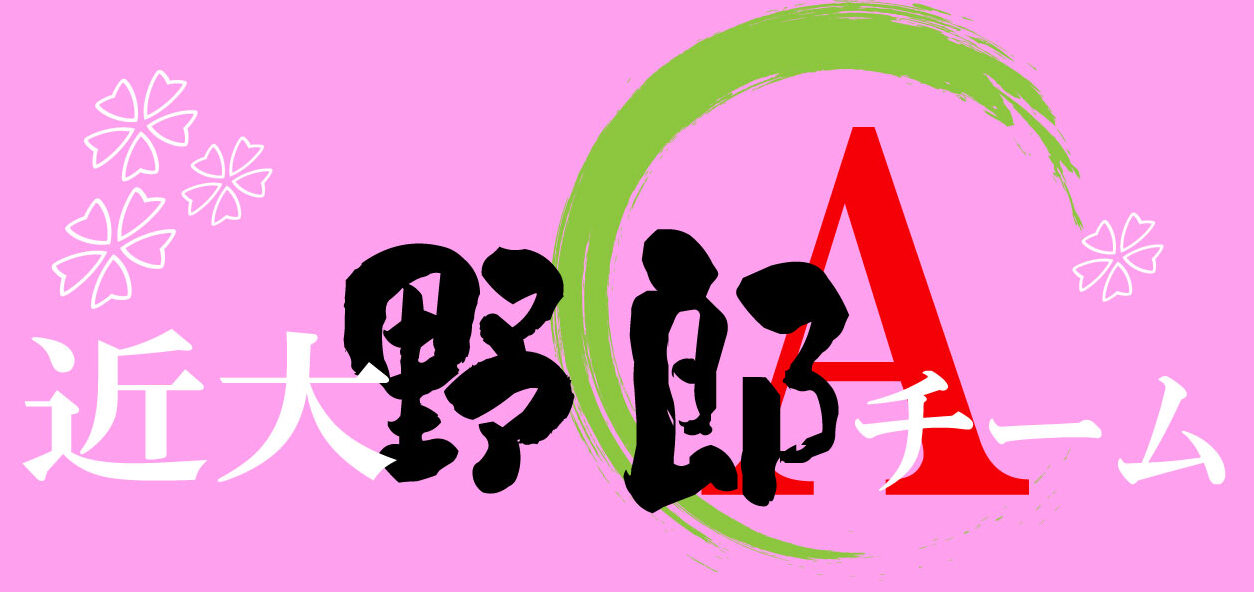1:That house, the roof of( )is red, is mine.
ア.these
イ.this
ウ.what
エ.which
2:On the top of the mountain at dawn, I saw the sky the deepest blue ( ).
ア.imaginable
イ.imagination
ウ.imaginatively
エ.imagine
3:It is very misty outside this morning, so you must pay attention( )you have an accident.
ア.for
イ.in case
ウ.in order
エ.though
4:It is said that there is an idea ( ) we should not kill spiders in the morning.
ア.in
イ.of
ウ.that
エ.what
5:On the way back home this evening, I was( )a stranger.
ア.spoken
イ.spoken by
ウ.spoken to
エ.spoken to by
6:Meeting Kate this Sunday is too good( )opportunity to miss, so you should be prepared.
ア.an
イ.of
ウ.the
エ.with
7:We learned that three ( ) of people in this country are suffering from diarrhea because of limited access to clean water.
ア.four
イ.fourth
ウ.fourths
エ.quarter
8:I helped my classmate with his research, but there was ( ) a single word of gratitude from him.
ア.no
イ.none
ウ.nor
エ.not
**問題は過去問を参考にして作っています。実際の過去問で解きなおしてください。
解説
問1
1:That house, the roof of( )is red, is mine.
ア.these
イ.this
ウ.what
エ.which
選択肢を見ると、『代名詞』『関係詞』『疑問詞』の問題だとわかります。
( ) の直前に、”the roof of” [the +名詞+ of ] とあります。
この部分を “whose roof” と書き換えれば、意味が合うので、
よって答えは、「エ」になります。
先行詞が人以外の場合、「the 名詞 of which = whose 名詞」が成りたちます。
問2
2:On the top of the mountain at dawn, I saw the sky the deepest blue ( ).
ア.imaginable
イ.imagination
ウ.imaginatively
エ.imagine
選択肢を見ると、『品詞』の問題だとわかります。
( ) の直前には “the deepest blue” という最上級付きの名詞が来ています。
最上級付きの名詞を形容詞が修飾し、かつその形容詞が、”able“, “ible” で終わるときは名詞を後ろから修飾できます。
よって答えは、「ア」になります。
問3
3:It is very misty outside this morning, so you must pay attention( )you have an accident.
ア.for
イ.in case
ウ.in order
エ.though
選択肢を見ると、『前置詞』『接続詞』の問題だとわかります。
( ) の直後は SV の節がきているので、接続詞の問題だとわかります。
あとは意味で考えればよく、「事故にあうといけないので」とすれば意味が合います。
よって答えは、「イ」になります。
問4
4:It is said that there is an idea ( ) we should not kill spiders in the morning.
ア.in
イ.of
ウ.that
エ.what
選択肢を見ると、『前置詞』『接続詞』『関係詞』の問題だとわかります。
( ) の後ろを見ると「完全文」がきているので、選択肢の中で “in” と “of” の前置詞の問題ではないことがわかります。
また、関係代名詞としての “what” もないことがわかります。
残りは “that” です。この that は「同格の that」になります。( ) の直前にある “an idea” の内容がthat 以下になります。
よって答えは、「ウ」になります。
問5
5:On the way back home this evening, I was( )a stranger.
ア.spoken
イ.spoken by
ウ.spoken to
エ.spoken to by
選択肢を見ると、『動詞』の問題だとわかります。
( ) に “spoken” が入ることから、「受動態」の問題だとわかります。
あとは文を読み「知らない人に話しかけられた」とすればよく、”spoken to by” を選べば意味が合います。
よって答えは、「エ」になります。
問6
6:Meeting Kate this Sunday is too good( )opportunity to miss, so you should be prepared.
ア.an
イ.of
ウ.the
エ.with
選択肢を見ると、『冠詞』『前置詞』の問題だとわかります。
( ) の直前を見ると、”too good” とあり、直後には “opportunity to miss” とあります。
ここで、[too ~ to …] (あまんりに~なので…できない) という構文を思い出します。
この構文は、”too” の後に名詞句がくる場合もあり、その時は [too 形容詞+a+名詞 to …]という形になります。
よって答えは、「ア」になります。
問7
7:We learned that three ( ) of people in this country are suffering from diarrhea because of limited access to clean water.
ア.four
イ.fourth
ウ.fourths
エ.quarter
選択肢を見ると、『数詞』が並んでいます。
( ) の直前を見ると、”three” とあり、「この国の4分の3の人は」とすると文意が合うことがわかります。
分数の場合「基数+序数」の形をとります。この問題では分子にあたる単語が three (複数)なので、序数を複数の形にしたものが正解になります。
よって答えは、「ウ」になります。
問8
8:I helped my classmate with his research, but there was ( ) a single word of gratitude from him.
ア.no
イ.none
ウ.nor
エ.not
選択肢を見ると、『否定』の問題だとわかります。
( ) の直後を見ると、”a single word” という名詞句があります。
この名詞を否定できるものは、選択肢の中では、”not” しかないのです。
“not a single” で(1つの~もない)という意味です。
よって答えは、「エ」になります。




コメント